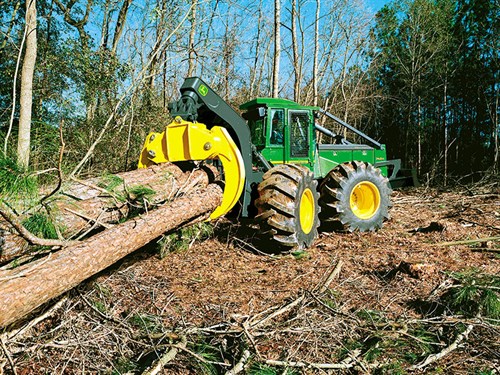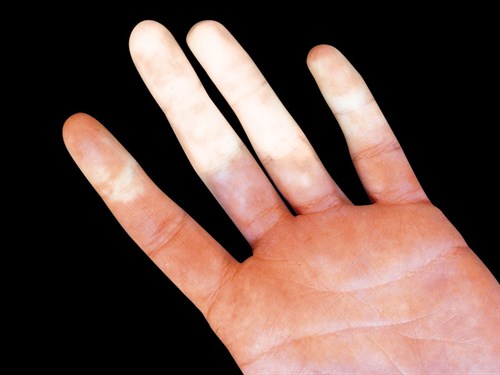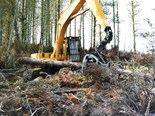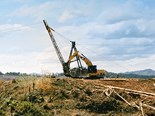The taboo subject of men's health in forestry
A healthy and safe workforce is a more productive team, this is a touchy subject and men find it difficult to talk amongst themselves or seek advice from the medical professionals.

I am going to try to scare the hell out of you to make sure you recognise some of the symptoms and do something about it before it's too late.
Raynaud's disease, more commonly known as 'white fingers', is recognised by ACC as a workplace related problem. A lot of older bushman suffer from this problem brought about by vibration from chainsaws collapsing the minor blood vessels in your fingers, and is very noticeable in the colder climates when your fingers turn white on cold mornings.
The problem is not as common as it used to be with more work being done with mechanical harvesters, but this also leads to another problem of RSI or repetitive strain injury.
Operators of harvesting machines with multiple button functions could suffer from RSI. Interestingly, we get bushman off chainsaws to keep them safe but we then create other problems. Sitting down on machines all day can cause a medical condition known as a pilonidal sinus, also called 'jeep seat'.
American soldiers in the Second World War were susceptible to this condition from sitting on their backside for long periods of time, although again, it's not so much of a problem today with modern seats in machines. Basically, jeep seat is an ingrown hair above your backside and at the base of your tailbone, a small lump causing pain and discomfort that can abscess and discharge fluid.
There are different forms of treatment, but surgery to have it removed is the most common way of curing the problem, it can reoccur. It is most common in men aged between 15 and 35. This is one of those nether regions that men won't talk about, but getting it fixed beats leaning forward in the seat all day.
Skin cancer is also a real problem for those working outdoors. Older loggers recognise that the sun is hotter now than it was 30-40 years ago. We did not have the fancy sunscreens back then; everyone was still using coconut oil to try to get a better tan. It's not uncommon to think you are immune to skin cancer when you're young, but don't be fooled, it might rear its ugly head just as you're getting ready to enjoy a hard-earned retirement, only to find it's too late.

Then we come to the subject close to John Kirwin's heart – depression. Nobody wants to admit that they might have depression, but it is a real problem in the workplace – one in six New Zealanders will experience serious depression, more women than men. There is some very interesting reading on Kirwin's website which could be important to loggers.
Someone who could be suffering from depression might not be in the right state of mind to be in a logging environment and could lead to accidents in the work place. The good news is that it is very treatable especially if recognised in its early stages. Depression is one of the most common reasons that people are absent from work.
Being overweight can have a considerable effect on your joints. I have done a little research and my information might not be a 100 percent accurate but the general drift of things is that for every extra kilogram you carry over your healthy body mass (weight), is adding three kilograms of pressure to your knee joints when walking and 10 kilograms when running, so if you are overweight you will wear out your knee cartilage quicker. To prolong the life of your knee joints and avoid painful knee surgery later in life, look after your weight.
Tinnitus is a condition you may be familiar with – ringing in your ears, make sure you always use safety equipment to protect you hearing as once it's gone, it is never recovered.
Last but not least, and not related directly to forestry, when you reach your 40s, it's important to get that wonderful thing called the prostate checked, men shire away from this because of the physical examination, but remember, it not so pleasant for the doctor either.
The logging industry is a hazards environment, work hard, play hard but always remember to look after your body, for when you want it most you might find it might not be there because you did not treat it like a temple when you were young.
Check out Patrick Cox' forestry column every month in Deals on Wheels magazine. Subscribe here.
Keep up to date in the industry by signing up to Deals on Wheels' free newsletter or liking us on Facebook.














